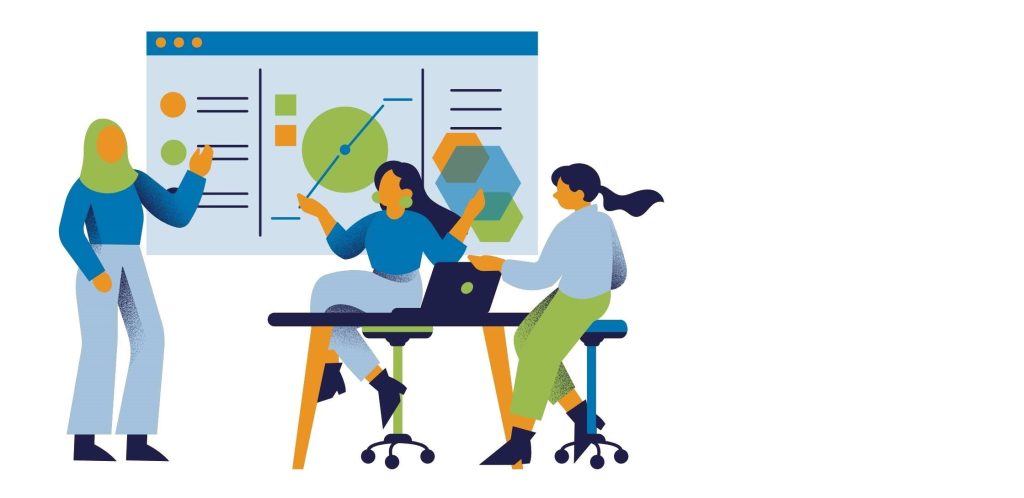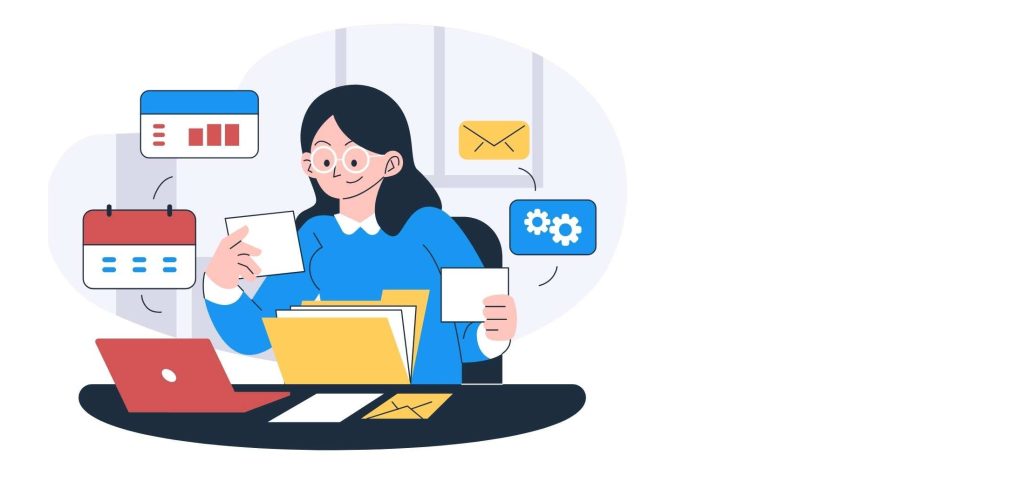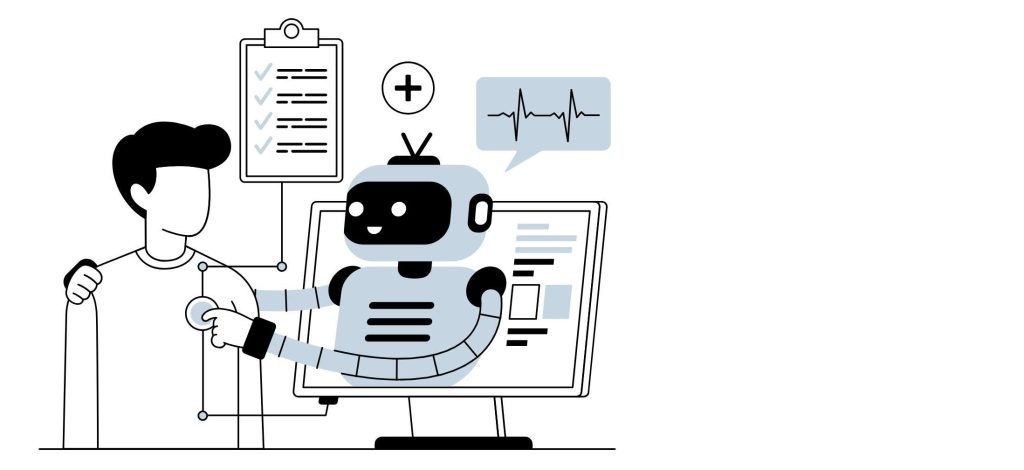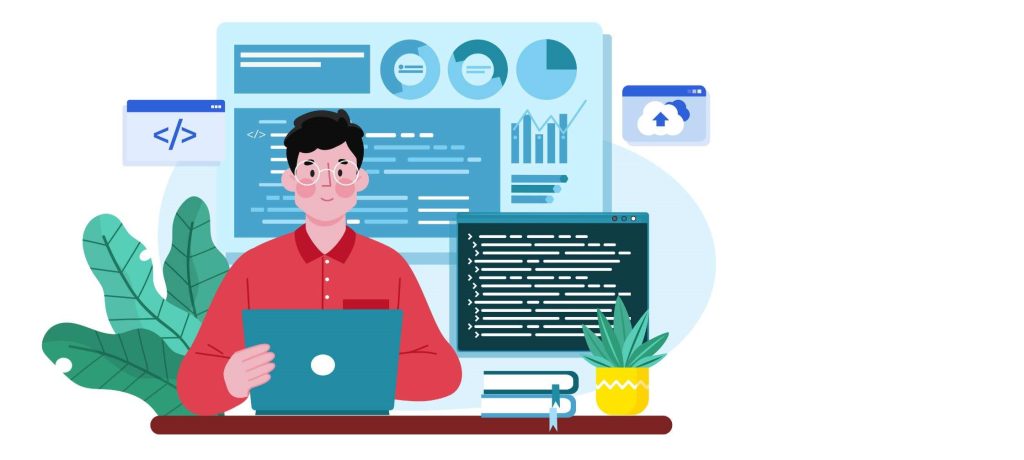Introduction
Technical project management is majorly transforming with AI in charge. They are now empowered with predictive analytics, automation, and smart planning tools that improve efficiency with no guesswork. Generally, project managers rely on manual status updates and spreadsheets.
AI prominently enhances the role of a technical project manager. PMs now use AI to auto-generate timelines, detect risks before they surface, and even summarize cross-functional team communications, instead of spending hours gathering updates or managing task assignments. Now, the time-consuming tasks can happen in minutes.
This shift is redefining what it means to lead technical projects. It’s no longer about just coordinating resources or tracking tasks. It’s about understanding how to apply AI insights, communicate smarter, and keep delivery aligned with business goals in real time.
As AI continues to evolve, technical project managers who embrace these tools will not only manage better, they’ll lead smarter, faster, and more strategically than ever before. Staying ahead in this new era starts by mastering the blend of human leadership with AI-driven project execution.
Smarter Project Planning Through AI
A technical project plan was just a static document stored in a shared drive. It has now evolved into a dynamic, real-time process that adapts as projects progress with AI-driven project planning. AI tools analyze project scope, team availability, time estimates, and historical project data to produce realistic, flexible, and predictive plans.

- AI analyzes the complexity of tasks aligning them with the current team capacity to generate intelligent timelines. Gantt charts, sprint schedules, and even milestone tracking can be automated more accurately than manual planning ever allowed.
- Predictive analytics scans for patterns and detects risks early, that easily identify gaps or missed deadlines. This allows technical project managers to act preemptively rather than reactively.
- Tools like Microsoft Copilot, Asana Intelligence, and ClickUp AI are being used to automate documentation, estimate delivery windows, and even flag inconsistencies in task dependencies. They can suggest reassignments or rescheduling in real-time when delays are likely.
The real benefit? AI allows them to focus on strategy, stakeholder alignment, and delivery excellence frees up the technical project manager from manual grunt work. Smarter planning powered by AI allows teams to complete their projects much more before deadlines, and changes can be done more resiliently. This level of planning intelligence is no longer a luxury, it’s becoming a core requirement for effective technical project management in 2025 and beyond.
Also Read: Outsource Ecommerce Customer Service
Predictive Insights enhances Real-Time Decision-Making
For technical project managers making the right call at the right time is always preferred as a successful delivery from a delayed one. With this AI proves itself to be a game-changer.With AI project managers can now access real-time dashboards do more than just reporting. Furthermore, they now can predict instead of relying solely on status meetings or spreadsheets.

- AI identifies early-warning signs of potential delivery issues by analyzing historical data, team behavior, and task velocity. This enables proactive adjustments before delays or overruns occur.
- It forecasts key metrics like sprint velocity, resource burn rate, and risk of scope creep. This helps technical project managers to manage their timelines effectively and reallocate necessary resources, without waiting for a crisis.
- Modern PM tools havve Natural language processing (NLP) integrated to scan meeting notes, emails, and chats. This generates concise summaries and highlighting action items automatically.
- This means a shift from reactive oversight to predictive leadership for technical project management. PMs can stay one step ahead instead of reacting to issues after the timeline has been impacted. They can now give data-backed foresight along with updates.
Technical project managers can navigate complexity with good speed, and clarity, leading to faster decisions, fewer flaws, and better results with AI acting as a digital co-pilot.
Task Automation and Enhanced Resource Management
Coordinating tasks, people, and deadlines needs ongoing attention, follow-ups, and rescheduling. As a result, it takes the longest in technical project management. Technical project managers can now focus on developing new strategies as AI takes care of the repetitive work.

- AI intelligently assigns tasks according to past performance, team bandwidth, and task difficulty. This ensures that the proper person is working on the right assignment at the right time without requiring the PM to manually sort things out.
- Anticipating potential overload locations and making recommendations for rebalancing, it suggests wise resource distribution during times of high demand. This keeps delivery steady even when priorities shift.
- AI assistants may now perform repetitive chores like check-ins, task reminders, and daily stand-up summaries. Every week, hours are saved because these updates are automatically distributed and generated in real time.
- By automating these operational duties, artificial intelligence (AI) assists technical project managers in transitioning from task supervisors to efficiency strategists. Micromanagement and repetitious communication have freed them to think more broadly, lead more effectively, and concentrate on the results that actually advance the project.
With the help of AI, teams experience a sense of empowerment and relief as projects go smoothly. Hence, Technical project managers now lead with clarity, flexibility, and maximum impact.
Better Collaboration Across Teams
Communication keeps everything together for technical project management. It is challenging to get developers, QA engineers, designers, and stakeholders to agree. Technical project managers resolve conflicts among cross-functional teams with AI to improve communication.

- Non-technical stakeholders comprehend changes without reading lengthy status reports with the help of AI techniques that convert technical jargon into understandable descriptions. This encourages openness without overcrowding meetings or inboxes.
- AI assistants generate agendas for meetings, action items, and follow-up emails automatically. They ensure that nothing is missed and work on the need for repetitive note-taking or manual recaps.
- The utilization of automated dashboards emphasizes significant KPIs, milestones, and hazards, expedites and enhances stakeholder reporting. PMs don’t have to start from scratch when creating reports to share these updates often.
- Technical project managers spend more time promoting alignment than chasing updates because of AI’s ability to streamline cooperation. While the PM keeps things running smoothly in the background, teams remain informed, focused, and connected.
This is clear collaboration, and high-performance IT teams are rapidly adopting it as the new norm.
Also Read: Role of a Virtual Customer Care Chat
AI in Risk and Compliance Monitoring
Risk in contemporary technological project management encompasses more than just missed deadlines; it also includes security vulnerabilities, noncompliance, and delivery blind spots. AI acts as an intelligent risk partner, looking for problems that people might miss in complex workplaces.

- AI helps find bugs, security flaws, and logical problems early in the sprint cycle by continuously monitoring codebases and workflows. Later in the project, this early detection minimizes the need for expensive fixes.
- Nowadays, compliance is not a last-minute to-do list. AI systems guarantee continuous compliance with industry rules, security procedures, and data protection legislation by identifying infractions in real time.
- Technical project managers have the information they need to take prompt action thanks to automated alerts and intelligent reports. AI alerts teams before issues become obstacles, whether it’s an unexpected increase in error logs or an inconsistency in access control.
- Technical project managers are proactively managing crises rather than responding to them by integrating AI into the risk management layer. It transforms the technical project plan into a dynamic, adaptable system that foresees problems rather than merely recording them.
Project delivery and the organization’s overall confidence in its execution are both strengthened by this type of foresight.
Evolving Role of the Technical Project Manager
The rise of AI is not replacing the need for human leadership — it’s redefining it. In the AI-driven world of today, the technical project manager’s role is shifting from being operational directors to being strategic orchestrators. It’s no longer about managing to-do lists and more about making better decisions that deliver business value.

- With AI handling repetitive tasks, PMs can focus on strategic goals, team morale, and long-term product vision. They have more bandwidth to align project outcomes with business objectives.
- Technical project managers are now expected to interpret AI insights, apply them to real-world challenges, and explain those insights to both technical and non-technical audiences. This skill is becoming just as critical as understanding agile or writing a project brief.
- Leadership, adaptability, and emotional intelligence are becoming key differentiators. AI can predict risks or draft timelines, but it can’t coach a struggling developer or handle a difficult stakeholder conversation. That’s where the human element remains irreplaceable.
In this new era of technical project management, success lies in combining AI’s power with human intuition. PMs who embrace both will lead smarter, adapt faster, and deliver greater value in every sprint. The tools are changing — and so is the job.
Conclusion: Using AI to Embrace the Future of Technical Project Management
AI is now playing a major role in technical project management and is no longer merely a supporting tool. AI is improving the function of technical project managers in ways that were unimaginable only a few years ago, from real-time risk detection and smooth team interactions to intelligent project planning and predictive insights.
However, the purpose is not to replace human judgment. Helping project managers lead with greater self-assurance, clarity, and inventiveness is the goal. Project managers can focus on getting everyone in line, direction of delivery, and accomplishment of quantifiable business objectives by utilizing AI to manage the repetitive and analytical tasks.
To create stronger, faster, and more robust project environments, modern technical project managers need to be people-smart and technology-aware, combining leadership competencies with AI technology.
Early adopters of this change will not only enhance project management but also transform the course of project leadership in the AI sector. With technology by your side, now is the time to learn, adapt, and take charge.
About Us
Tasks Expert offers top-tier virtual assistant services from highly skilled professionals based in India. Our VAs handle a wide range of tasks, from part time personal assistant to specialized services like remote it support services, professional bookkeeping service etc. Furthermore, it helps businesses worldwide streamline operations and boost productivity.
Ready to elevate your business? Book a Call and let Tasks Expert take care of the rest.









